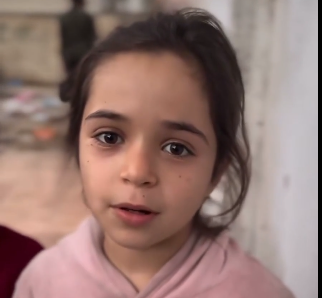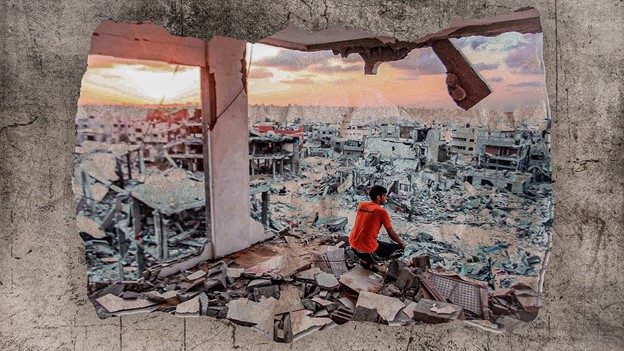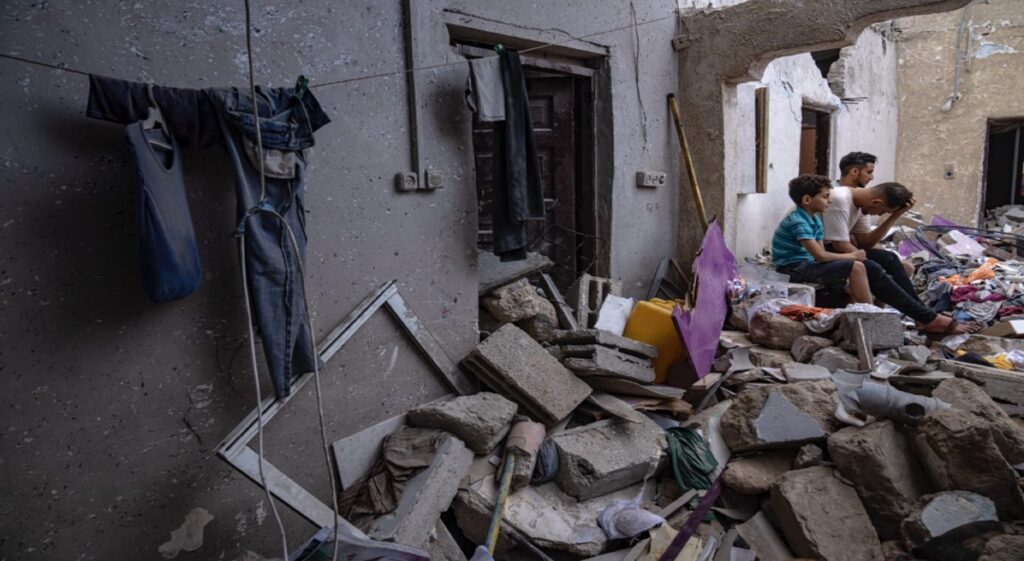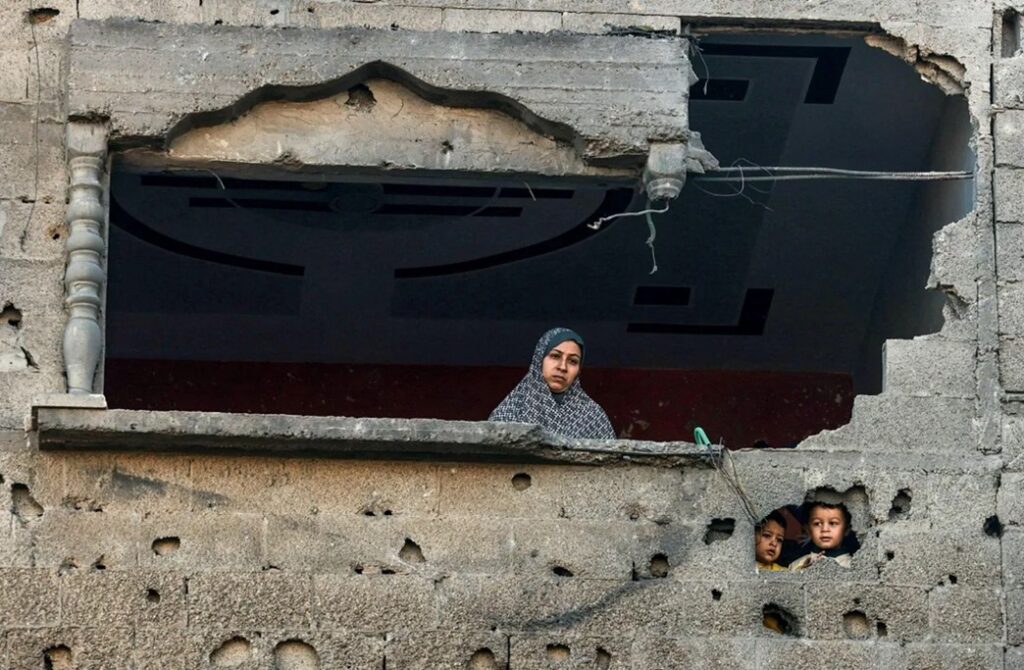The Quiet Revelations Lost in the Loud Chatter About Israel and Iran
The Middle East, for its observers, is theater. A place of smoke and mirrors, as many a foreign journalist is fond of saying. It’s more sorry fate than cultural disposition. In coveted lands, conspiracies tend to thrive and, alas, everybody, inside and out, wants a piece of us.
So, we Arabs, from a very tender age, are conditioned to believe that what we see is almost always a lie, shadowplay, the purpose of which is to hide something sinister.










